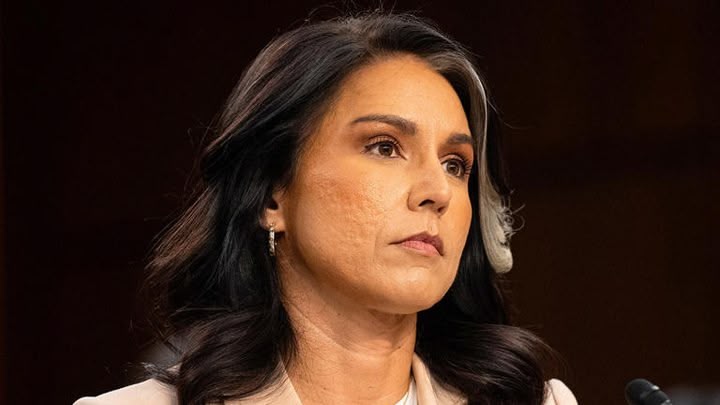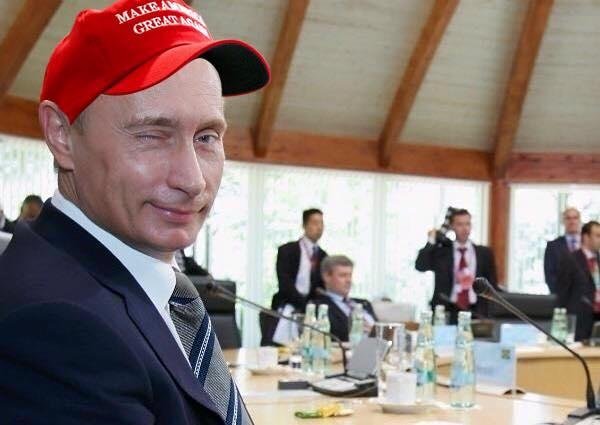Obama admin 'manufactured' intelligence to create 2016 Russian election interference narrative, documents show
Fox News
Director of National Intelligence Tulsi Gabbard Friday declassified documents revealing "overwhelming evidence" that demonstrates how, after President Donald Trump won the 2016 election against Hillary Clinton, then-President Barack Obama and his national security team laid the groundwork for what would be the yearslong Trump–Russia collusion probe.
Documents revealed that in the months leading up to the November 2016 election, the intelligence community consistently assessed that Russia was "probably not trying…to influence the election by using cyber means."
One instance was on Dec. 7, 2016, weeks after the election, then-Director of National Intelligence James Clapper’s talking points stated: "Foreign adversaries did not use cyberattacks on election infrastructure to alter the U.S. presidential election outcome."
https://www.msn.com/en-us/news/politics/obama-admin-manufactured-intelligence-to-create-2016-russian-election-interference-narrative-documents-show/ar-AA1IRBuC?ocid=BingNewsSerp
Director of National Intelligence Tulsi Gabbard Friday declassified documents revealing "overwhelming evidence" that demonstrates how, after President Donald Trump won the 2016 election against Hillary Clinton, then-President Barack Obama and his national security team laid the groundwork for what would be the yearslong Trump–Russia collusion probe.
Documents revealed that in the months leading up to the November 2016 election, the intelligence community consistently assessed that Russia was "probably not trying…to influence the election by using cyber means."
One instance was on Dec. 7, 2016, weeks after the election, then-Director of National Intelligence James Clapper’s talking points stated: "Foreign adversaries did not use cyberattacks on election infrastructure to alter the U.S. presidential election outcome."
https://www.msn.com/en-us/news/politics/obama-admin-manufactured-intelligence-to-create-2016-russian-election-interference-narrative-documents-show/ar-AA1IRBuC?ocid=BingNewsSerp







